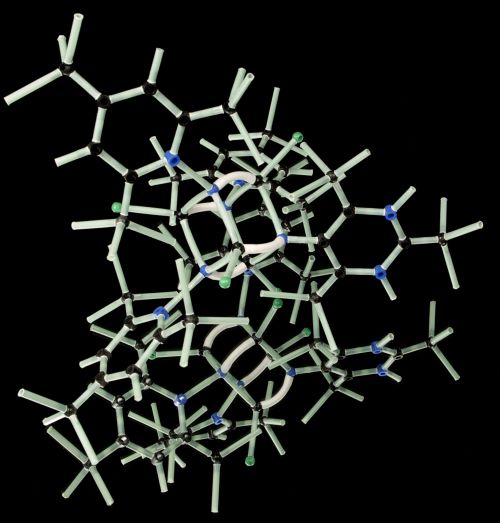Do you ever look at your mom and grandma's legs and wonder, "Are varicose veins genetic?" Well now, thanks to a sweeping study published in the Nature journal, we can answer that question. And the answer seems to be "sort of." Allow us to explain.
Are Varicose Veins Genetic? Exploring New Data 
In this new study—the largest ever conducted on the subject of varicose veins—researchers examined data on 1.3 million people without
varicose veins and almost 50,000 individuals who had this form of vein disease. In total, the study identified 139 different genetic markers that contribute to developing these painful, bulging veins. And some of those factors include a genetic disposition to weakened vein valves, reduced vein elasticity and other risks for this form of vein disease.
Moreover, the study discovered some of the biological processes that get involved when varicose veins develop. Factors like inflammation and
blood pressure seem to play a role in your vein disease risk. How your body forms new blood vessels, or the paths it takes to heal wounds, also plays a role in your disease risk.
In presenting their findings, researchers were happy to find some of the genetic clues to your varicose vein risk. They hope these findings will help us identify patients with a higher risk for vein disease. In that way, we can offer early screenings and treatment options. And, hopefully, we can prevent disease progression, since
untreated varicose veins can lead to worsening symptoms and potentially serious health complications.
Are Varicose Veins Genetic? Other Risk Factors to Consider
Clearly, there are vein disease risks you can't control, including your age, genes and gender. (Unfortunately, women seem to have a higher risk for varicose veins, though we see many
men in the office seeking varicose vein treatment.) Still, you can control other risk factors, including your weight and activity level. After all, obesity puts lots of pressure on your veins, increasing your risk for disease. Additionally, sitting or standing in one place for too long can harm your circulation. Then, if you don't get regular exercise, it's harder for your body to pump the blood out of your legs. Together, these factors increase your risk for varicose veins, alongside any of your genetic risk factors.
Here's the good news, though. These are the risk factors you can control. Simply by walking a few times a week, you can take steps toward reducing your disease risk. And you can also get closer to your ideal weight! Not sure where to begin? Check out our
Move it Monday series, for vein-friendly workout tips and suggestions!
Treating Vein Disease in Houston, TX
Knowing your vein disease risk is important because it can help us detect varicose veins early on. In this way, we can provide
treatment options before you experience symptoms of later-stage vein disease. Concerned you may already have symptoms of vein disease? It's important to
schedule an immediate appointment with one of our
Houston and Dallas area vein specialists. Once you come in, we can determine the extent of your disease progression, and create a treatment plan designed to get your blood flowing properly!
Source Page: https://texaseva.com/sources/

